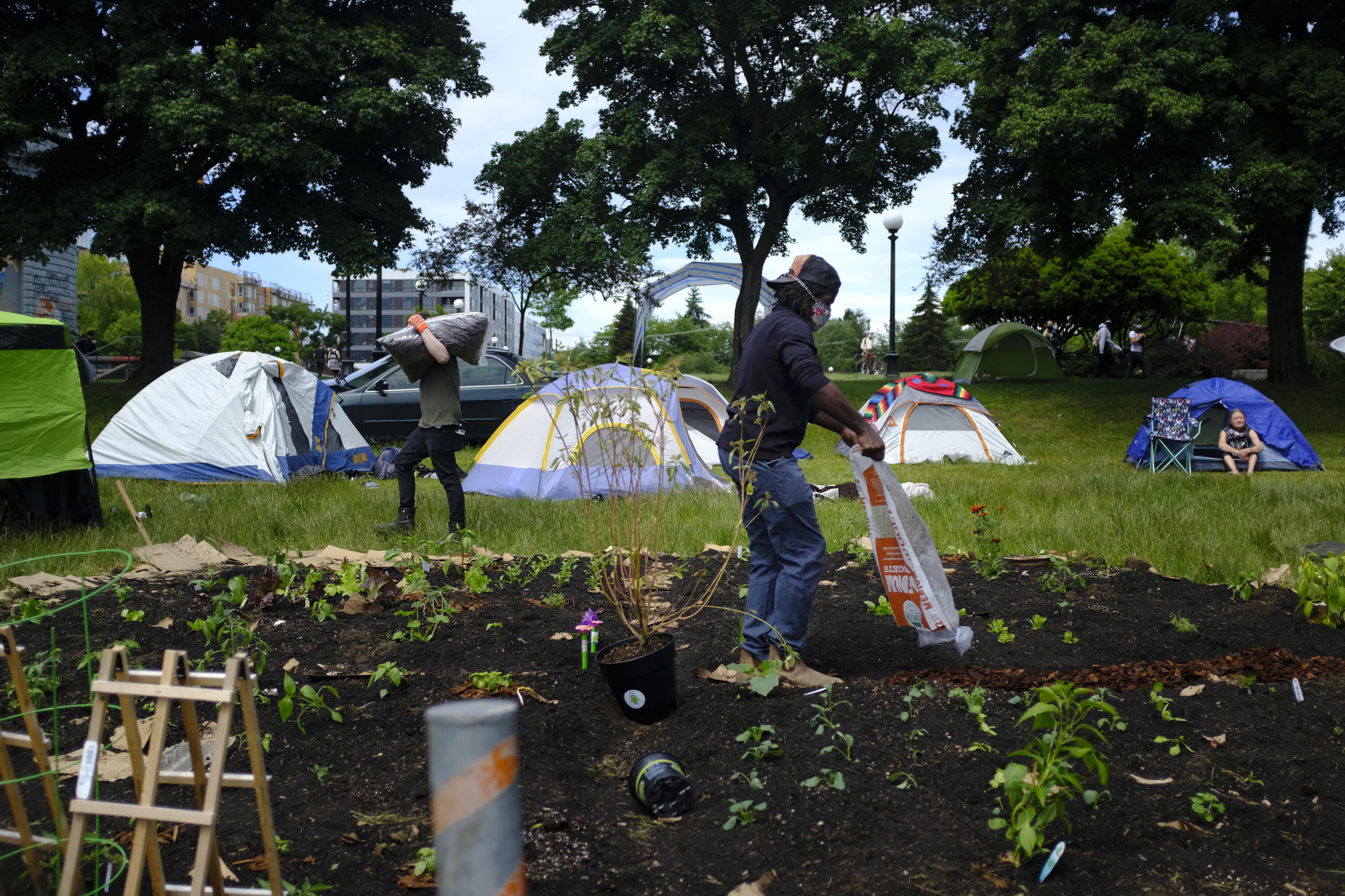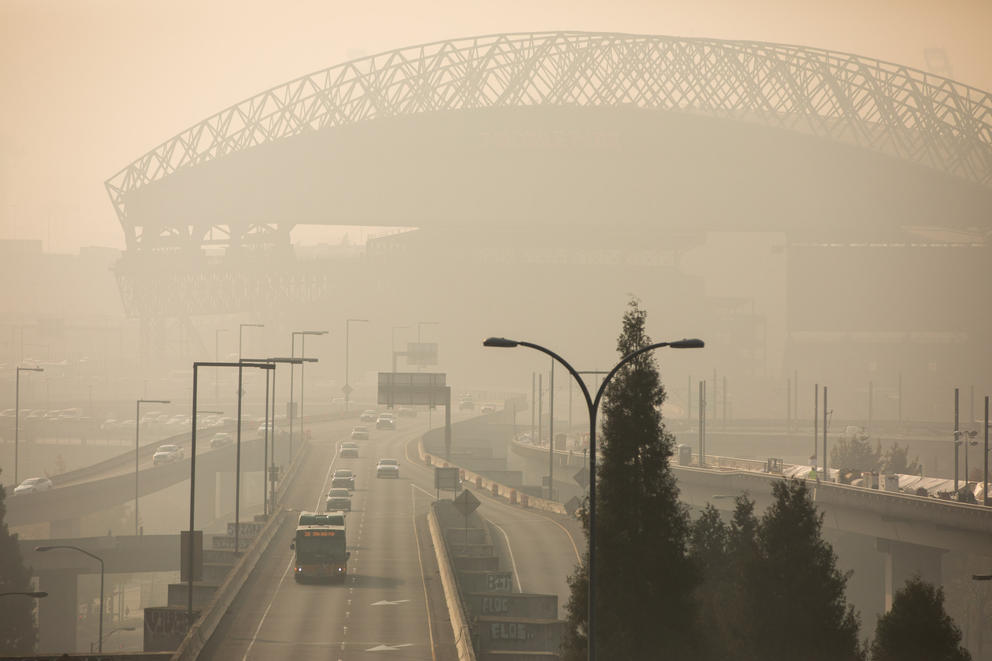King County Sheriff Patricia Cole-Tindall and King County have filed a complaint in United States District Court against Burien's new homeless anti-camping ordinance, asking a federal judge to decide if it violates the U.S. Constitution.
Burien passed an ordinance last week that establishes exclusion zones where unhoused people are not allowed to camp in a public space if shelter is available. Included in the new city code law are buffer zones where unhoused people cannot sleep within 500 feet of schools, day care centers, parks or other areas deemed “critical.”
The Sheriff’s office, law enforcement for the city of Burien, has concerns about the law since the exclusion zones can be changed at any time by Burien’s city manager, who determines their location.
The King County Sheriff’s Office said the city did not reach out to the county when it crafted the ordinance. Cole-Tindall also said Burien did not consult the King County Sheriff’s office or legal experts before swiftly passing it.
The office said it will not enforce the law until the matter’s constitutionality is resolved. King County will complete an analysis of the legislation and update Burien early next week.
The complaint is the first step in resolving the constitutionality question, according to King County, which plans to file a motion for preliminary injunction later this week.
A spokesperson for Burien declined to comment on the matter due to ongoing litigation.







